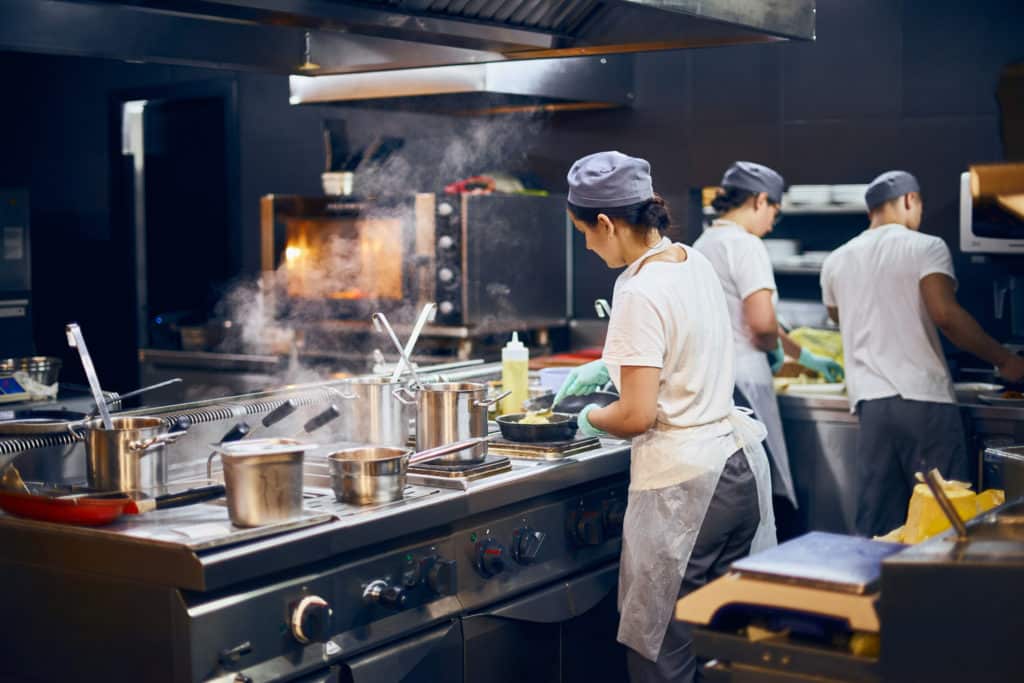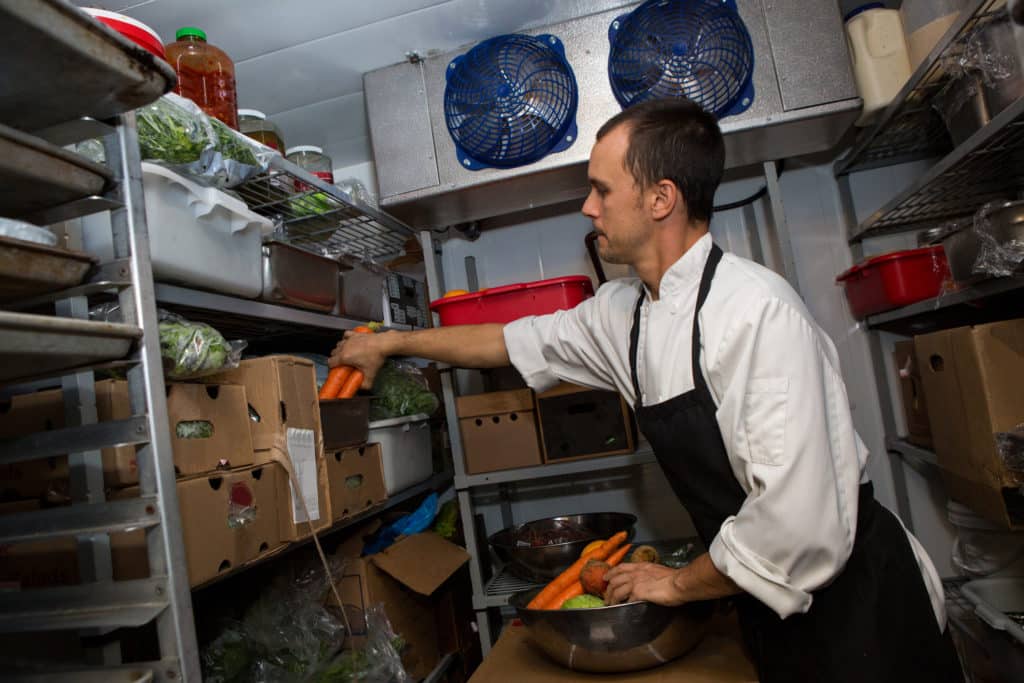By visiting our site, you agree to our privacy policy regarding cookies, tracking statistics, etc.
Maintaining a restaurant isn’t just about the menu, the ambiance, or the service. Behind the scenes, proper maintenance is key to ensuring a smooth-running establishment, safeguarding against costly repairs, and providing a safe, clean environment for your staff and customers. This guide outlines the importance of restaurant maintenance and offers tips for keeping your commercial kitchen and equipment in prime working order.
Preventive maintenance refers to regular, scheduled inspections and repairs of equipment and facilities to prevent unexpected breakdowns. It involves routine checks, cleaning, lubrication, and timely part replacements. For restaurants, this includes everything from HVAC systems to kitchen appliances like ovens, fryers, refrigerators, and ice machines.
The goal of preventive maintenance is to address minor issues before they become significant problems. By keeping equipment in peak condition, restaurants can extend the life of their machinery, avoid emergency repairs, and maintain consistent operational standards.

To keep your kitchen running smoothly, it’s essential to follow a structured maintenance schedule. Here’s a general checklist for your restaurant:
Daily:
Weekly:
Monthly:
Annually:
Your kitchen equipment is the backbone of your restaurant’s operations. Here’s a more detailed look at how to maintain each type:
Refrigerators and freezers are critical for storing perishable goods. Regular maintenance ensures food stays at safe temperatures and helps prevent spoilage.

A well-maintained fryer ensures crisp, delicious food and avoids dangerous grease fires.
Ovens are used in many restaurants daily, making their maintenance critical for consistent food quality.

Ice machines often get overlooked, but dirty machines can harbor bacteria and mold.
Heating, ventilation, and air conditioning (HVAC) systems keep your restaurant comfortable and ensure proper ventilation in your kitchen. Regular maintenance keeps them efficient and extends their lifespan.
Read More:
See why more than 40,000 restaurants use Restaurant365
Restaurant maintenance isn’t just a behind-the-scenes task—it’s a critical part of running a successful business. By following a regular preventive maintenance schedule, you’ll not only protect your equipment but also improve the safety, efficiency, and longevity of your restaurant’s operations. Whether it’s checking refrigeration units or scheduling HVAC inspections, diligent care today will save you time, money, and stress in the future.
Share this blog:
500 Technology Drive, Suite 200
Irvine, CA 92618
Westech 360
8911 N Capital of Texas Hwy
Building 1, Suite 1200
Austin, TX 78759
Restaurant365 bridges the gap between accounting and operations by centralizing all data, helping restaurant operators to become more efficient, accurately forecast, and tackle any challenge or opportunity with speed and accuracy.